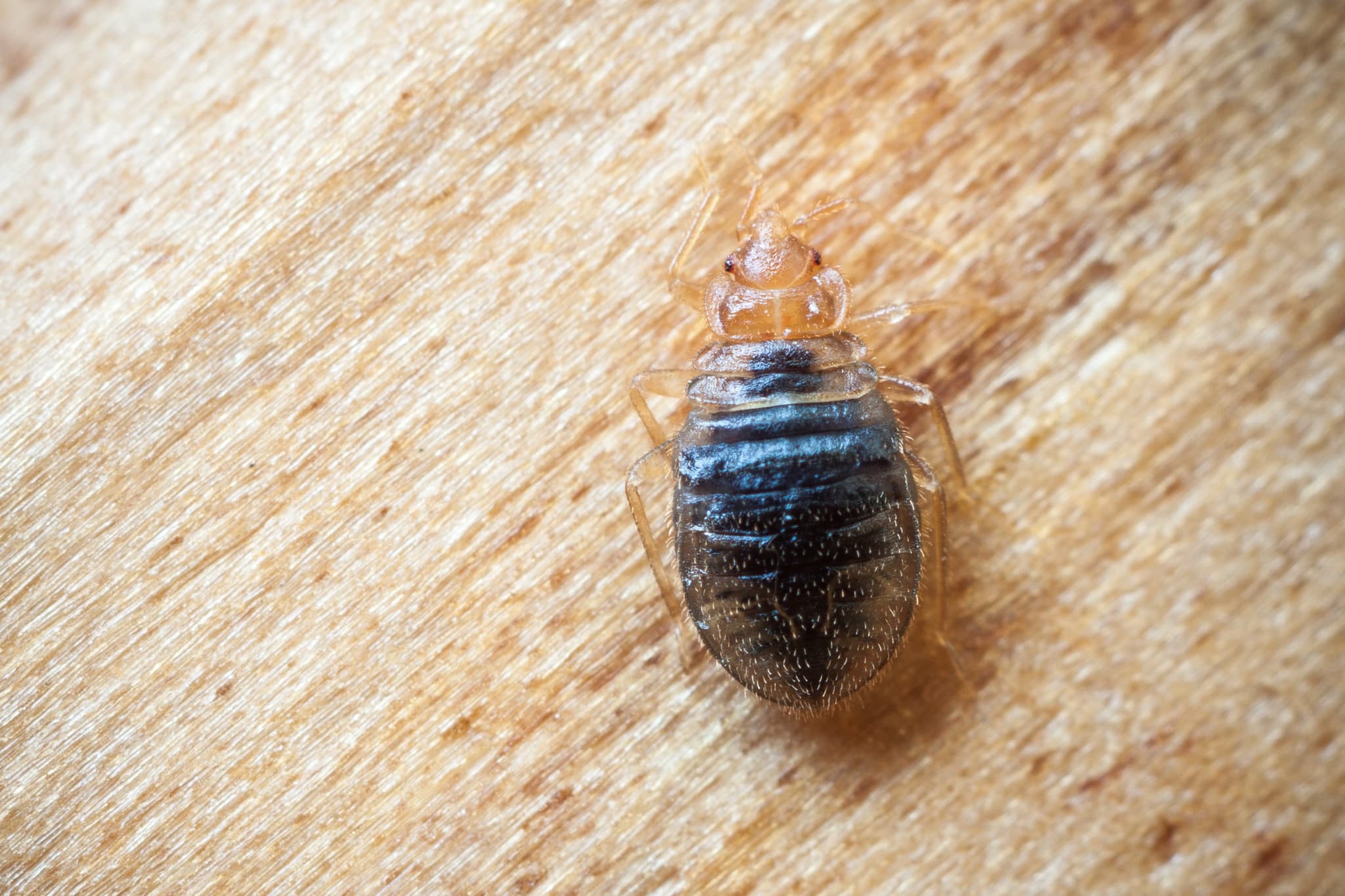
2025-11-21T14:10:25
How to Prevent Gestational Diabetes
- Family Medicine
- Internal Medicine
- OB/GYN
September 27, 2018 | Family Medicine
Specialties:Family Medicine

Bed bugs are notoriously difficult and expensive to get rid of because they multiply so quickly and can live in any warm, dark area. Although insect infestation is often associated with unclean conditions, the truth is that anyone can bring home bed bugs.
Bed bug bites cause an itchy rash that can lead to secondary infection. Beyond these physical consequences, the stress associated with a bed bug infestation can cause anxiety, insomnia and other mental health effects. If you’re concerned about these critters, here’s what you need to know about protecting your home and family.
These brown insects are about the size and shape of an apple seed. They can easily hide themselves in the cracks of a mattress, headboards, bed frames, night tables and other objects surrounding the bed. Inspect these areas to look for live bugs, bed bug excrement (dark spots about the size of pencil points) and pale yellow skins shed by the bugs.
Bed bugs feed on human blood. If your home is infested, you may notice red, itchy bites that have a darker red spot in the middle. These marks can occur in lines or clusters and most often affect the hands, neck, arms and face. You may also notice red or rusty brown blood stains on your bedding or mattress. A musty odor might be detectable. This smell is emitted by the bed bugs’ scent glands.
Bed bugs are mobile. They can enter your home on clothing, luggage, bedding, boxes and furniture. Although they don’t fly, they can move very quickly and fit into crevices as thin as the width of a credit card. If you often spend time in hotels or have been admitted to the hospital recently, you are at higher risk of bringing home these bugs. If you live in an apartment complex or dormitory, an infestation can spread from a neighboring unit. Although anyone can be affected by bed bugs, you can take steps to keep the insects away:
If you realize you have bed bugs, all is not lost. A careful removal strategy can free you from the infestation. First, physically remove bugs from all surfaces using a vacuum. This should be emptied completely in an outside trash can. Wash all the linen, bedding and clothing in the home and dry on the hottest setting. Severe infestations should be chemically treated by a professional.
Visit your family doctor if you have a bed bug infestation. He or she can treat the itching with hydrocortisone cream or an oral antihistamine, as well as prescribe antibiotics for infection.

WRITTEN BY:
The Live Better Team

2025-11-21T14:10:25

2025-11-03T11:32:24

2025-10-21T11:51:52

2025-08-20T16:07:59
This information is not intended to replace the advice of a medical professional. You should always consult your doctor before making decisions about your health.